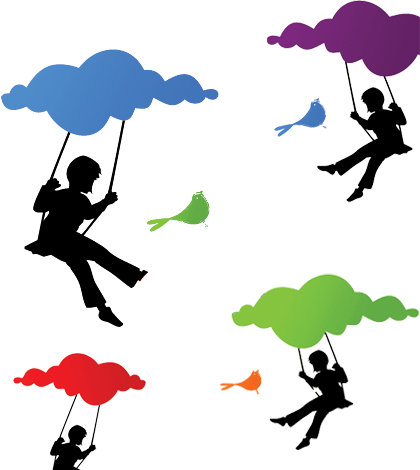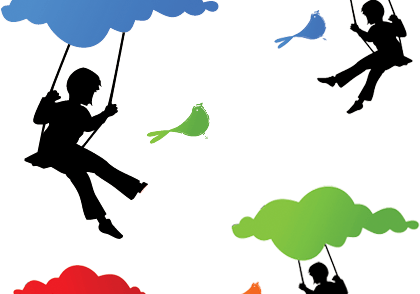The PsyBlog article Twitter: 10 Psychological Insights provides a view into why people are using Twitter. The findings are not so surprising if you’ve been riding the Twitter train, believe me you’ll relate. Here are three the findings I found most interesting as a user and a marketer.
“Most tweets are babble…What they call ‘pointless babble’ might better be called social pleasantries, social grooming or at least just babble. Like when someone says “How are you?” and you say “Fine.” It may be low-level, but it’s not pointless.”
Agreed! Tweets are not an ad they are a conversation. Since when did you start a conversation without a “hello”, “how are you” or “what’s the weather like there?”? People babble. And the more you babble the more connected you become to the person you are babbling to. That’s what most verbal conversations are yet we forget babble is full of hidden intricacies that make-up complex human communication. Read between the lines, listen, watch, learn from your audience.
Men are Twitter leaders – perhaps there’s something about Twitter that, on average, fits slightly more with men.
A point not hit in the article is that Twitter is used for thought leadership. Yes women are in business people and thought leaders too, but we know the ratio. And, as it does point out there are geeks on Twitter. Geeks raise your hands whooo! Now let’s rephrase that from “Men are Twitter leaders” to “Leaders are on Twitter.”
Twitter is less social and more informational – people treat other Twitter users primarily as interesting information sources.
If you want to know if that was your co-worker shaking the table or another California earthquake check Twitter. The earthquake news will be broadcast by all who felt it in real time – that means the second it happens not hours later on your local television news. Let’s not forget Haiti. Twitter was a key information channel to help save lives and provide aid in micro-targeted areas of need. Can you imagine if we’d had Twitter on 9/11? I’d like to think it would have been a different scenario. On a lighter note, my first piece of advice to virgin tweeters is to follow others according to their favorite topic in order to discover it’s benefit to them personally.
Twitter is a new communication channel that is faster, leaner, nicer and meaner. It has only just begun to change the way society communicates inter personally and in how it shares information with broader networks. I see a bright road ahead with high hopes someone soon will install a character limit to email messages, or to the day a TV news channel looks more like a live tweet wall.




No Comments